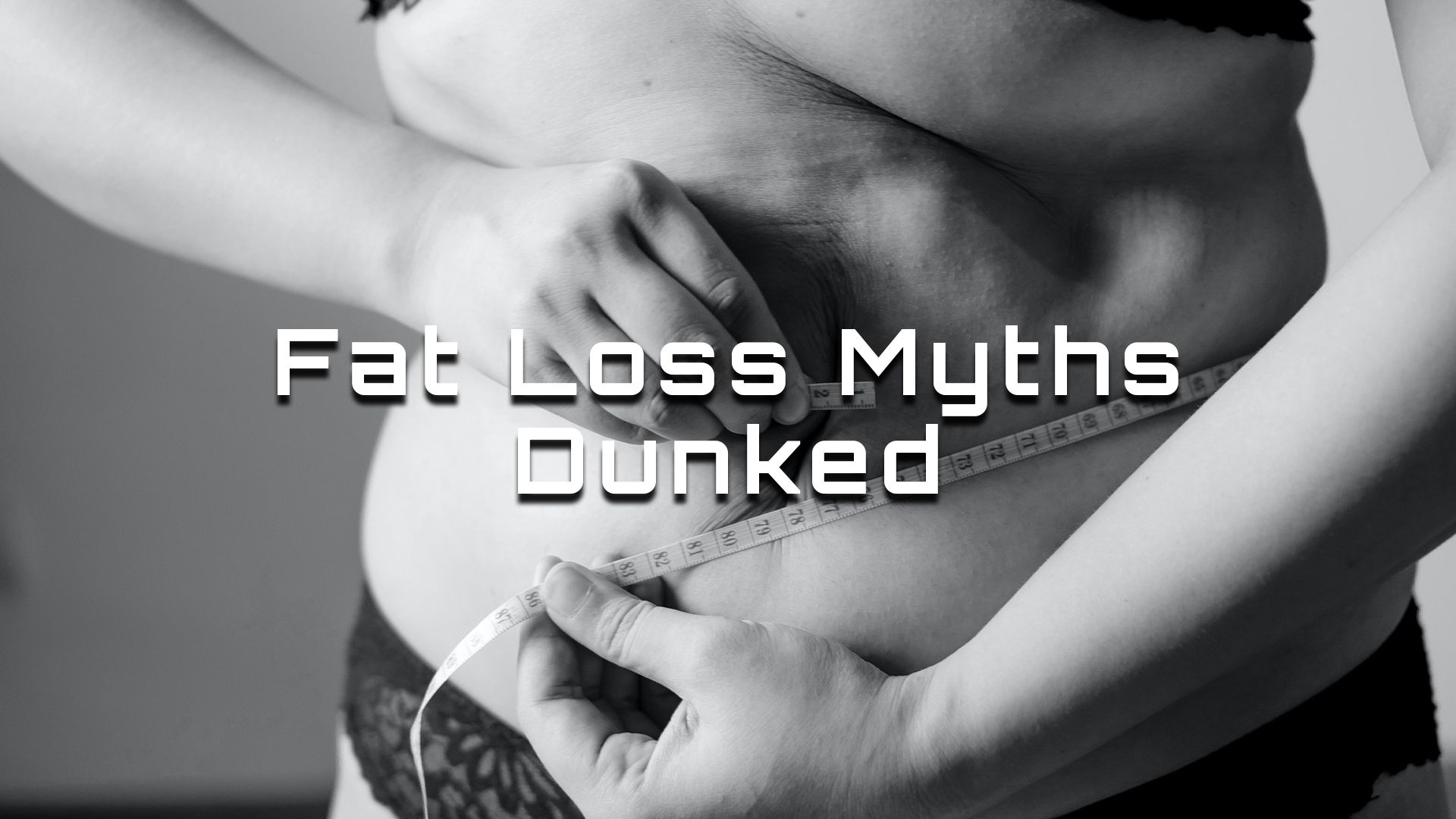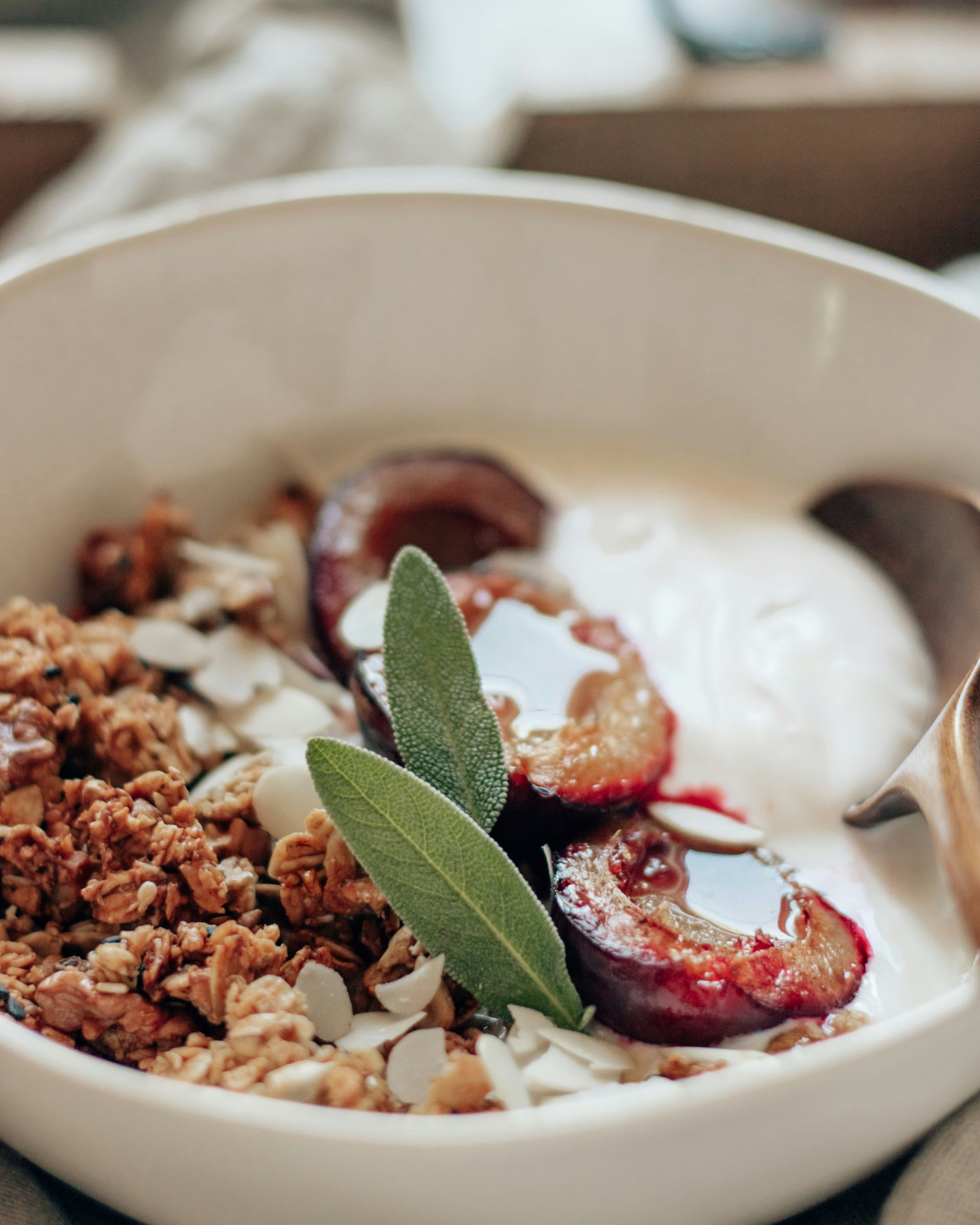
Don't be fooled by common misconceptions about fat loss. Learn the truth about these three myths and achieve your weight loss goals.
Losing weight can be a challenging journey, and there's a lot of misinformation out there about what works and what doesn't. The internet is flooded with countless diets, exercise routines, and supplements promising fast and easy weight loss. Unfortunately, many of these claims are based on myths and misconceptions that can actually hinder your progress. In this article, we'll debunk the top 3 myths about fat loss and provide evidence-based tips to help you achieve your weight loss goals.
Myth #1: Carbs are the Enemy
The Truth About Carbohydrates
The Role of Carbs in the Body
Carbohydrates are an essential macronutrient that provides energy to the body. Contrary to popular belief, not all carbs are created equal. Simple carbohydrates like sugar and refined grains are quickly absorbed by the body and can cause spikes in blood sugar levels, leading to weight gain. On the other hand, complex carbohydrates like whole grains, fruits, and vegetables provide fiber, vitamins, and minerals, and promote satiety, making you feel full for longer periods.
Myth #2: Cardio is the Best Way to Burn Fat
The Truth About Cardio
Cardio vs. Strength Training
Cardiovascular exercise is an effective way to burn calories and improve cardiovascular health. However, many people believe that cardio is the only way to burn fat, which is not true. Strength training is equally important for weight loss as it builds lean muscle mass, which increases your metabolism, helping you burn more calories even at rest.
The Role of High-Intensity Interval Training (HIIT)
High-intensity interval training (HIIT) is a popular form of cardio that involves short bursts of intense activity followed by rest periods. HIIT has been shown to be more effective than steady-state cardio for burning fat and improving overall fitness levels. HIIT workouts can be done in a shorter amount of time and are more efficient than longer bouts of cardio.
Myth #3: Skipping Meals Helps You Lose Weight
The Truth About Skipping Meals
The Effects of Skipping Meals
Many people believe that skipping meals can help them lose weight by reducing calorie intake. However, skipping meals can actually have the opposite effect. Skipping meals can lead to overeating later in the day, causing you to consume more calories overall. Additionally, skipping meals can slow down your metabolism, making it harder to lose weight.
The Importance of Regular Meals
Eating regular meals that include protein, healthy fats, and complex carbohydrates is essential for weight loss. Protein and healthy fats promote satiety and help you feel full for longer periods, while complex carbohydrates provide energy and fiber. Eating regular meals helps keep your metabolism active and promotes healthy eating habits.
If you want a boost in your workouts, improve your health and fitness and work with an experienced health professionals and are local in the Ruislip, London area, book a 121 session with meover here or check out my previous blog "5 Simple Exercises To Burn Fat Faster"
#ruislip #personaltrainer #health #strength #fitness #fatlossdebunked #weightloss #pinner #harrow #northolt

Start Today!
Ready to transform your fitness journey? Take the first step towards achieving your goals with personal training!
My take on Health and Fitness



